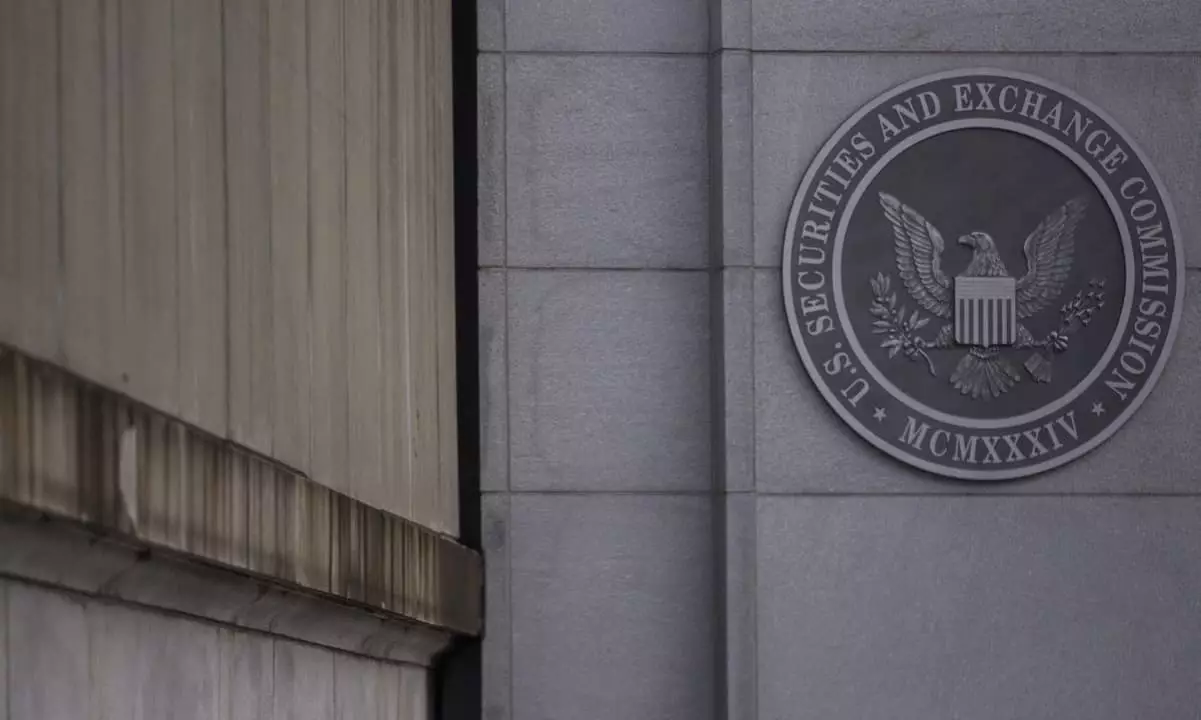The resignation of Gurbir Grewal, the U.S. Securities and Exchange Commission’s (SEC) Director of Enforcement, on October 11, 2024, comes as a surprise and raises several questions about the agency’s stability and ongoing legal battles. Announced on October 2, Grewal’s exit seems particularly impactful as it coincides with the SEC’s ongoing appeal in its contentious case against Ripple Labs. This timing, just nine days ahead of his departure, has prompted speculation among legal analysts and cryptocurrency advocates about the implications of this change in leadership.
In the wake of Grewal’s resignation, the SEC has appointed Sanjay Wadhwa, the current Deputy Director with two decades of experience, as the interim Director of Enforcement. Simultaneously, Sam Waldon, known for his role as Chief Counsel, is stepping into Wadhwa’s position. Such a swift internal transition may signal an attempt to maintain continuity amid a period of uncertainty, but it also emphasizes a potential lack of preparedness for long-term challenges facing the SEC. These shifts could alter the agency’s approach towards crypto regulation, especially in light of heightened scrutiny on its actions.
The SEC’s appeal against Ripple Labs has drawn considerable attention and criticism from multiple facets of the legal community. Leading the charge with concerns was Jake Chervinsky, a prominent crypto lawyer who dubbed the timing of Grewal’s resignation “not normal.” His perspective raises broader alarms regarding the SEC’s ongoing strategy and its perceived overreach in regulating the cryptocurrency market. Legal analysts have pointed out that the SEC’s recent actions, particularly in relation to Ripple, could foreshadow a challenging legal landscape.
Critically, the SEC did not clarify which aspects of the initial ruling against Ripple it intends to appeal. Given the vagueness of its strategy, legal experts have voiced their skepticism. Jeremy Hogan, for instance, characterized the appeal as a potentially misguided endeavor, suggesting that the SEC would face more downsides than advantages through this litigation path. Hogan’s emphasis on the “fact-heavy” nature of the case suggests that the intricacies surrounding Ripple’s token, XRP, could complicate the SEC’s efforts in court, a sentiment echoed widely among commentators.
The uncertainties surrounding the SEC’s appeal, combined with Grewal’s resignation, underscore a larger narrative regarding the regulatory environment for cryptocurrencies in the United States. The potential for Ripple to effectively harness defenses rooted in state laws, known as “Blue Sky” laws, poses a significant challenge to the SEC’s federal stance. If successful, this strategy could weaken the SEC’s capacity to enforce regulations across the crypto landscape, transforming the regulatory approach and opening new avenues for crypto companies seeking legal recourse.
Ultimately, Grewal’s unexplained resignation might shape not just the SEC’s relationship with Ripple but could also herald a shift in how regulatory policies evolve within the burgeoning cryptocurrency market. As the landscape continues to develop, stakeholders will be closely monitoring any signs of stability—or further upheaval—within the SEC’s operations and its approach to an industry that remains fraught with legal complexities.
















Leave a Reply